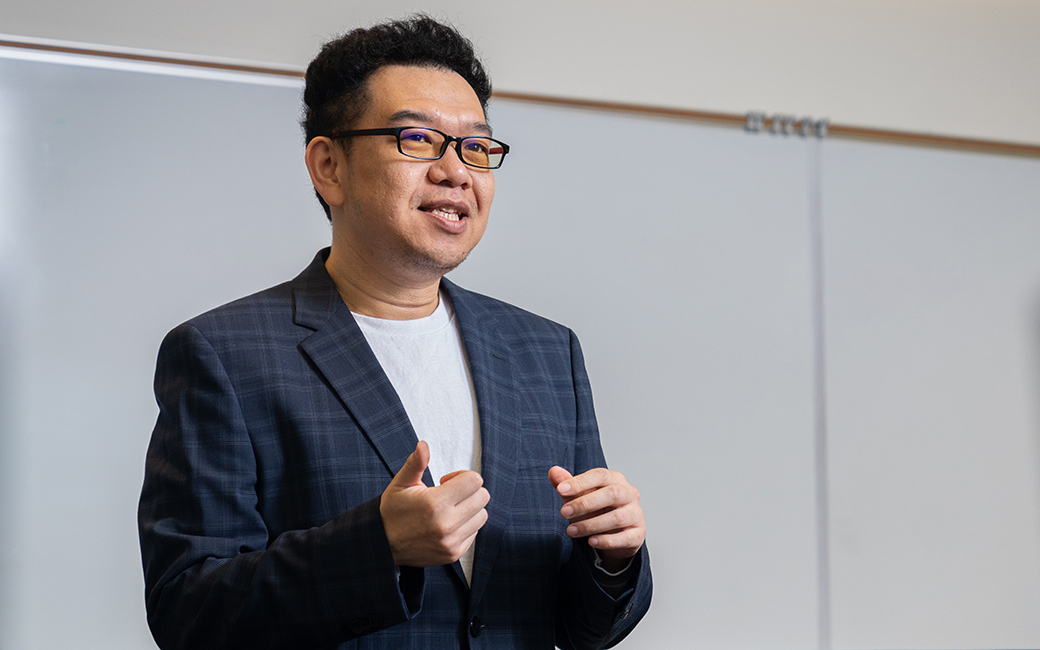Research as a Teaching Tool
The value of applied learning cannot be underestimated, according to Lin Deng, who uses real-world research to develop students’ critical-thinking and problem-solving skills.

The market for qualified computer and information scientists continues to expand as industries and companies rush to digitize and automate their operations and services. “Computer hardware and software play important roles in that digital transfer,” explains associate professor Lin Deng, Department of Computer and Information Sciences. “All of these organizations require experts, developers, data analysts and other professionals with degrees in computer or information sciences, which is fueling growing demand for TU graduates in those fields.”
“Unlike the disciplines of mathematics and physics, where foundational principles remain unchanged, computer science changes rapidly,” explains Deng. “That is one of the reasons I use project-based research as a teaching tool.”
“ Our department is totally supportive of students attending research conferences all over the world to participate and present papers. ”
Deng’s upper-level students, who enroll in the Software Project Practicum course, form groups and participate in research with collaborators such as MITRE, Johns Hopkins Applied Physics Laboratory and the National Institute for Standards and Technology. Students directly apply what they learn in the classroom as well as from internet sources and other national research labs and agencies.
“Research experience gives students an advantage in the job market,” says Deng, who includes students as first authors in any resulting publications. “They propose the hypothesis, collect the data, analyze the data, implement the program or software, and make conclusions and recommendations. With a portfolio in hand, students have a better chance than their peers in seeking quality positions.”
It’s no surprise many of Deng’s students stay in touch long after graduation. “They appreciate and realize the importance of what they learned in my classes,” Deng explains. “Many former students return and talk to current students about what their future careers may look like.”